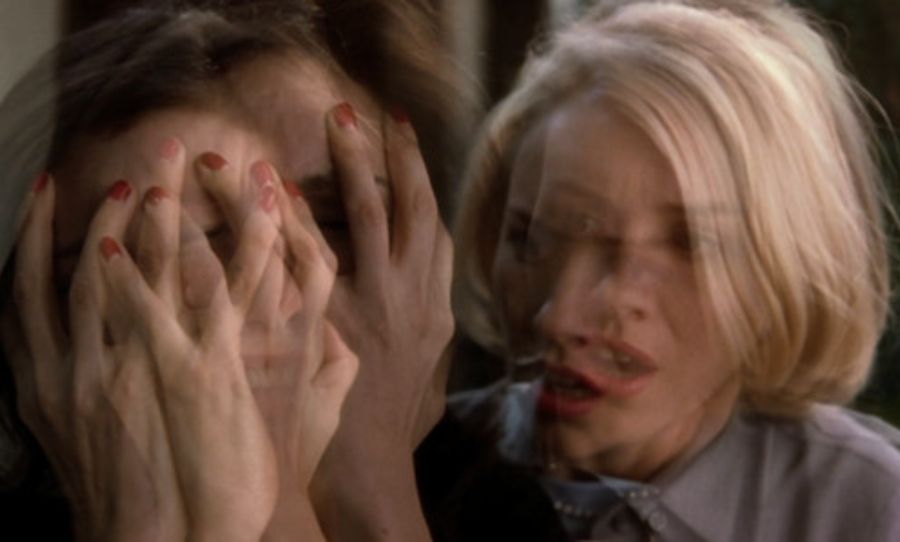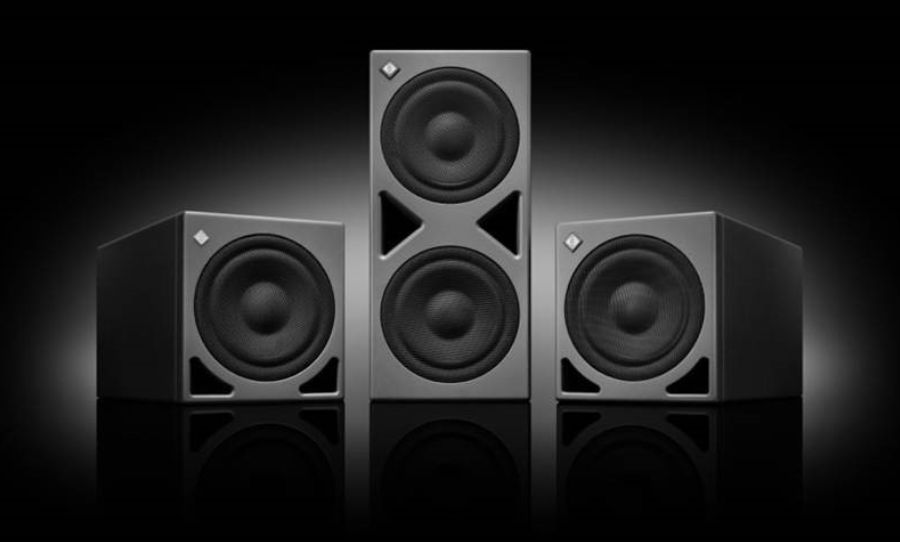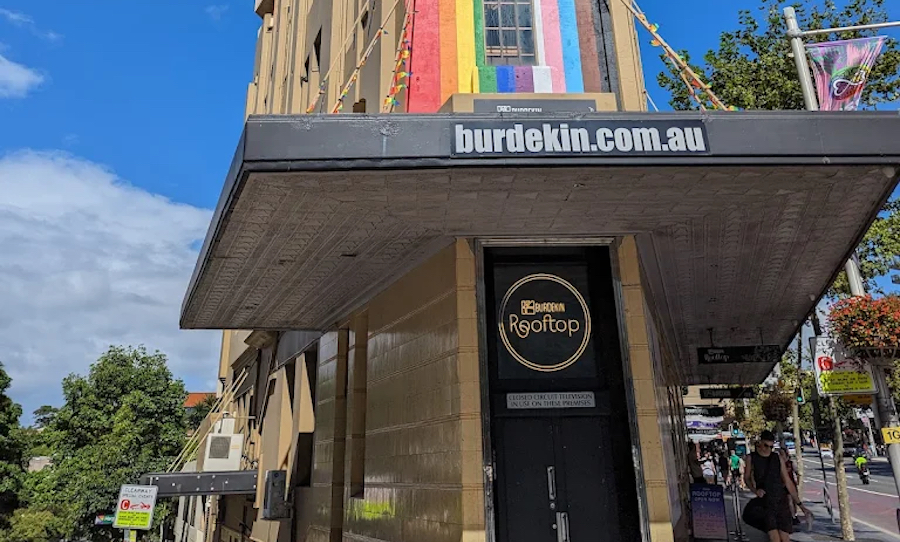You’re at a concert right at the back and you think an idol made eye contact with you… people may call you delulu.
The Cambridge Dictionary has just dropped its annual update, adding more than 6,000 new words, phrases, and definitions that reflect the way we’re actually talking in 2025.
Unsurprisingly, much of it comes straight from online culture.
Among the standouts are “skibidi”, a flexible bit of internet nonsense that can mean anything from “cool” to “weird,” and “delulu,” a fan-driven shorthand for “delusional” that’s less insult and more affectionate self-drag. “Tradwife” also makes the cut, describing women who embrace traditional homemaker roles, a trend that’s been bubbling up on TikTok.
The workplace hasn’t escaped either. “Mouse jiggler” now officially describes that device or app used to fake activity on your computer, while “work wife” and “work spouse” are in there too—terms for those platonic yet close office partnerships.
Other entries include “snackable” (short, easy-to-consume content), dating slang like “red flag” and “green flag,” and the more serious “forever chemicals,” referring to harmful pollutants that don’t break down. One of the sharper political additions is “broligarchy,” coined to skewer male-dominated power structures.
Colin McIntosh, Cambridge’s Lexical Programme Manager, explained that the process is about more than catching fads. Words are only added once they’ve proven staying power across media, social platforms, and everyday use.
In short: the internet is still steering our vocabulary, and Cambridge is keeping pace – whether you’re delulu, skibidi, or just looking out for red flags.



